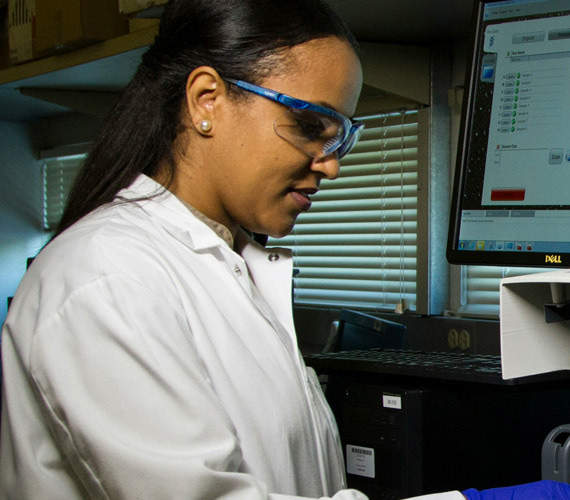If you’re like most people considering earning of any kind of degree, you’ve probably got a long list of questions you need answered before you can feel confident in your decision. One important question that’s probably at the top of your mind is: How much money can I expect to earn after I complete my degree, and will that salary be worth the time, energy, and money that I have to invest into it?
To help you answer these questions, below we provide some data about the average salaries for the most common jobs you’ll qualify for with a bachelor’s degree in public health. We’ll also provide some other data you can use to determine whether or not earning your degree is right for you.
Average Pay for Public Health Degree Holders
How much you earn with your public health degree will depend on a several factors, including where you work, how many years of experience you have, what your level of responsibility is, and your specific job title.
With this in mind, here is the average pay for common public health careers:
- Health Educator: $62,855 per year
- Community Health Worker: $59,033 per year
- Public Health Research Assistant: $38,433 per year
- Public Health Program Coordinator: $78,822 per year
- Health Policy Analyst: $48,630 per year
- Policy Associate: $32,714 per year
- Policy Assistant: $44,344 per year
There are several factors that can influence your earning potential. For example, working in certain areas can cause your level of pay to be higher or lower, depending on the needs of the community in which you work and the demand for public health professionals.
In Boston, individuals with those exact same job titles can expect to earn higher salaries than the national average, including:
- Health Educator: $70,461 per year
- Community Health Worker: $66,512 per year
- Public Health Research Assistant: $38,433 per year
- Public Health Program Coordinator: $88,359 per year
- Health Policy Analyst: $54,515 per year
- Policy Associate: $36,673 per year
- Policy Assistant: $70,540 per year
Earning additional degrees, such as a master's degree in public health, will also help you advance into more senior level positions within the field, which will typically come with higher pay as well.
How to Know if a Public Health Degree Is Worth It for You
If you’re unsure whether or not a degree in public health is right for you, start by asking yourself the following questions:
1. Does the expected salary meet your personal needs?
While salary shouldn’t be the only factor that goes into helping you choose your career path, it’s still an important one. You’ll want to earn a salary that allows you to live a comfortable lifestyle in whichever location you end up.
Make sure you’re aware of how much you can expect to make in your desired career path, and then consider whether this pay will be enough for you personally. If not, you may want to consider a different career path.
2. Do you want a job with high demand?
For a variety of reasons, public health professionals have been, and will continue to be, in high demand for years to come. The Bureau of Labor Statistics (BLS) estimates a seven percent increase in health education specialist jobs between 2023 and 2033. This translates into high job security since your skills are likely to be needed by a variety of employers.
3. Do you want to work in epidemiology?
Many people choose to go into public health because they would specifically like to work in epidemiology. This position allows you to be a part of the investigation of various illnesses and diseases, and provides a high salary of over $100,000 annually.
If that sounds like you, it’s important to note that you will almost certainly need to earn a master’s degree in order to become an epidemiologist. Since a bachelor’s degree is a prerequisite for most master’s programs, a bachelor’s in public health is an excellent preparatory degree for an eventual career in epidemiology.
4. Do you want to make a real difference in the world?
Public health professionals play an essential role in promoting health initiatives in their communities. As such, a career in public health gives you the opportunity to make a real and lasting difference in the lives of others. If this is important to you, then earning a degree might be worth it even if other factors, like pay, are less than you would have liked.
A Rewarding Career
A career in public health can be an incredibly rewarding one, both personally and professionally. In order to break into the field, you’ll need to start by earning a bachelor’s degree in public health, such as Regis College’s Bachelor’s in Public Health. This program will equip you with the tools needed to make a real difference in others’ lives, and start you on a rewarding career path.





